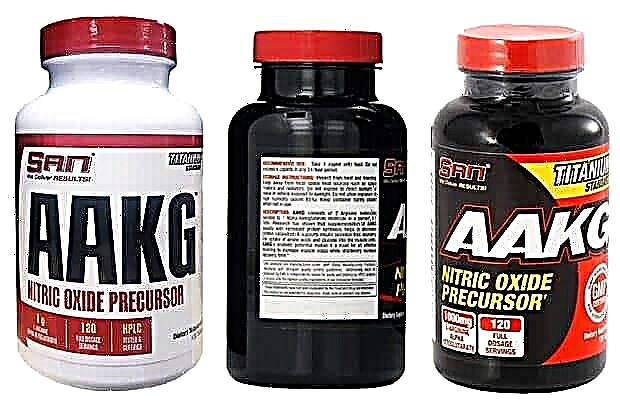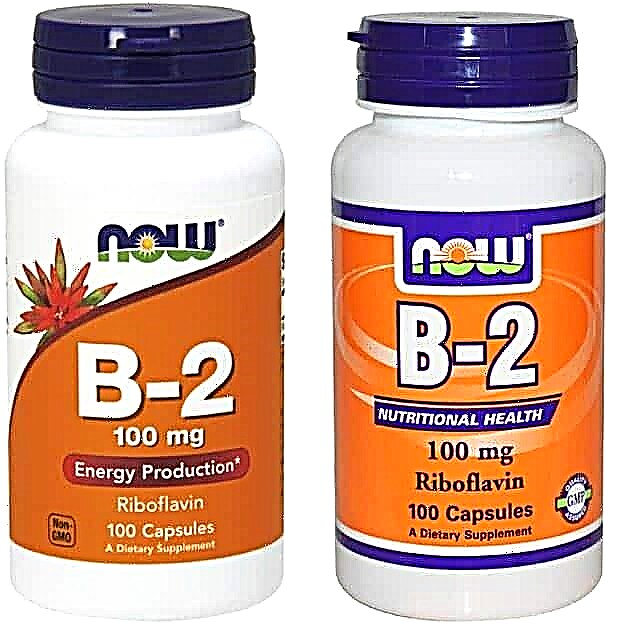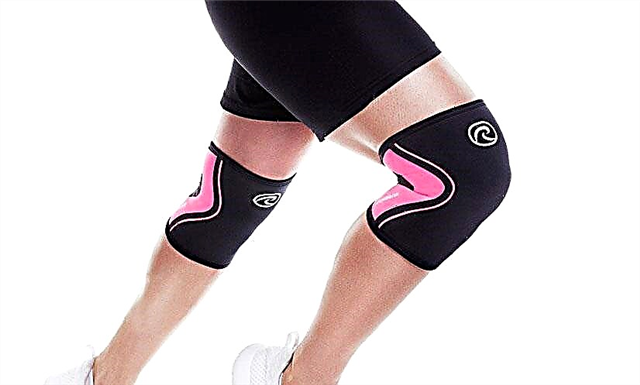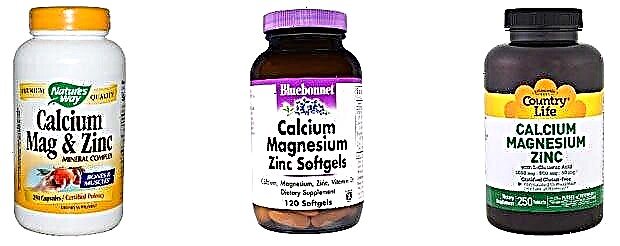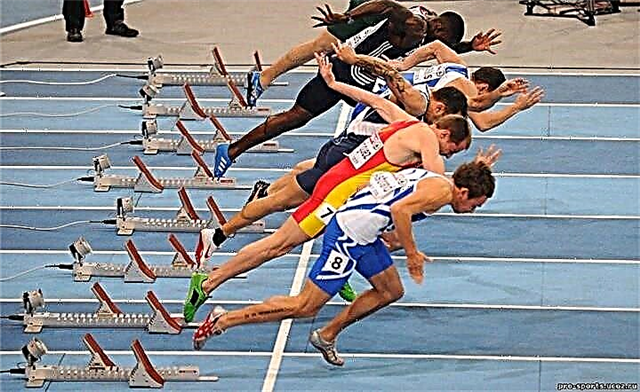It is important for athletes in the period between intense workouts not only to eat a healthy and balanced diet, but also to drink plenty of fluids. With sweat, athletes lose salts and minerals, which is fraught with a violation of the water-salt balance, a deterioration in well-being, a decrease in endurance and muscle tone, and even the destruction of bone tissue.
To avoid complications and increased stress on the heart, instead of plain water, it is better to use special sports solutions - isotonic. They contain vitamins, minerals, and small amounts of salt and sugar. Sports nutrition stores offer a variety of ready-to-use formula, but you can make your own workout drink using simple recipes.
The importance of water-salt balance
During profuse sweating, a person loses not only moisture, but also important salts - electrolytes: potassium, sodium, magnesium, chlorine.

If training continues for too long or occurs during hot seasons, the athlete may become dehydrated. At the same time, it is not enough to replenish only liquid reserves. With a deficiency of minerals and a violation of the water-salt balance, life and health are at risk. So, for example, hyponatremia (loss of Na ions) leads to a loss of muscle fiber tone, impaired neuromuscular excitability and, as a result, seizures, a sharp drop in blood pressure and fainting. A lack of potassium leads to disruption of the functioning of nerve cells and the heart.
In medicine, oral rehydration solutions are used to treat severe infections and conditions associated with dehydration. In fact, these are the same isotonic drinks, but with the worst taste indicators.
What isotonics and myths about them
The main difference between isotonic drinks and other drinks is the content of electrolyte solution, which is close to the composition of blood plasma. They are composed of the following substances:
- Minerals in the form of salts: potassium, sodium, magnesium, chlorine.
- Monosaccharides: glucose, dextrose, maltose, ribose.
- Vitamins, flavors, preservatives (ascorbic or citric acid), L-carnitine or creatine.

From a medical point of view, the use of isotonic drugs during intense and prolonged workouts instead of regular water is more justified, since they do not disturb the osmotic balance of the plasma and do not lead to an increase in blood viscosity and excessive diuresis.
Athletes who consume sports mineral drinks note at home:
- quick quenching of thirst;
- replenishment of energy reserves due to carbohydrates;
- improving athletic performance and endurance during training;
- acceleration of the recovery process after heavy loads.
Despite the simple and understandable principle of the action of isoosmotic sports drinks on the body, many myths have formed around them. Here are the most common ones:
- "They're no better than plain water." This is not true. Pure water is saturated with too little amount of mineral salts, in contrast to isotonic, which means that it does not fill the body's needs during prolonged training.
- "Isotonics can be replaced by energy drinks." These are fundamentally different drinks with different target effects. Caffeine, guarana and other natural extracts, although they give vigor, but at the same time provoke increased urine output and additional loss of moisture and salts.
- "It is always good to drink them." Studies have shown the pointlessness of isotonic drugs when a workout or exercise lasts less than 90 minutes.
- "Isotonic helps to lose weight." By themselves, mineral salt solutions do not promote weight loss. On the contrary, they can lead to slight water retention after intense training and an increase in the figure on the scales by 1-2 kg.
- "They quickly replenish mineral deficiencies." Isotonic drugs are absorbed more slowly than, for example, hypotonic solutions. This is how the biophysics of the digestive tract works. But the recovery will be more complete.
The difference between isotonic drinks and other drinks
Professional athletes go to various tricks to significantly increase the functionality and endurance of the body. For the sake of high achievements and ideal body architecture, they are ready to use substances of questionable usefulness and quality, including weak alcohol or solutions of bioenergetics. This generates numerous controversies about the benefits and drawbacks of sports drinks.
If we take scientific research, common sense and body biochemistry as a basis, then the main differences between isotonics and other substances are as follows:
- Water - in the concentration of mineral salts. Drinking pure water, it is impossible to make up for their deficiency in the body.
- Power engineers - in the opposite influence on the water-salt balance. Osmotic solutions restore it, while energy drinks often lead to increased sweating, urine production and dehydration.
- Alcohol - in the effect on plasma and blood cells. Sports drinks reduce viscosity, improve the mineral composition of the intercellular fluid and cytoplasm. Alcohol works the other way around. (here you can read about the effects of alcohol on the body after training).

Action, composition and research
The composition of isotonic contains a complex of mineral salts and carbohydrates in the same proportion as they exist in blood plasma. Once in the digestive tract, they are gradually absorbed and harmoniously replenish the lack of fluid and electrolytes. Due to monosaccharides, isoosmotic drinks replenish the glycogen reserve. Most often, a sports drink contains sodium and potassium salts, which are necessary for the maintenance of normal body cells, as well as calcium and magnesium. To replenish the athlete's energy balance, fast carbohydrates are used in combination with vitamin C.
Research from the University of Edinburgh in Scotland has shown an average increase in endurance performance in adolescent athletes aged 14 to 18 years. Isotonic drugs helped maintain normal hydration of the body, which, in turn, is the main condition for the functionality of muscles and nerve tissue.
Isoosmotic drinks are not considered doping and are approved for use in competitions, marathons, cross-country skiing, cycling and other professional sports activities.
When and how to take?
There is no single correct instruction for isotonic drinks. Trainers and sports doctors recommend drinking specialized electrolyte solutions about half an hour before training, during and after loads lasting more than one and a half hours.
The optimal dosage is 0.5-1 liter per hour. At the same time, many fitness experts do not recommend drinking during training, only before and after, so the body better spends reserves and uses stored fats for recovery.
Exceptions are long-term loads that require increased endurance, for example, a marathon or competition.
Who needs isotonics and how to make the reception effective?
Isotonic drinks are indicated not only for athletes, but also for people whose activities or conditions are associated with active sweating, for example, workers in hot workshops or patients suffering from fever.
Isotonic helps to restore the water-salt balance and avoid the negative health effects that arise from dehydration.
Sports drinks can be most effective when consumed as follows: 250 ml 20 minutes before training, and then 125 ml every 15 minutes during intense physical activity.
If the goal of training is weight loss, it is best to avoid isotonic drugs.
When gaining muscle mass, you should not drink this drink in one gulp. Glucose in its composition will lead to the release of a large amount of insulin, which, under significant stress, will force the body to break down not only fats, but also muscle cells to obtain amino acids necessary for metabolism.
Harm and side effects
The absence of a deficiency in mineral salts, in fact, is a contraindication to taking isotonic drugs. If the water-salt balance is normal, edema may occur while drinking sports drinks. Salts and glycogen will retain moisture in the tissues. For people with high blood pressure, this can result in an attack.
Excess salts can build up in joints, impairing their mobility and leading to inflammation. Crystals and calculi form in the kidneys, which leads to the occurrence of urolithiasis.
DIY recipes
It is easy to prepare an iso-osmotic sports drink at home. It is enough to observe the principle of the balance of salts and minerals in the liquid in such a way that it is similar to blood plasma.
Simple isotonic
It is enough for him to take a pinch of salt, 100 ml of freshly squeezed juice (apple, orange, grapefruit) and 100 ml of water.
Based on pharmacy products
To make a mixture for a drink, you need to take:
- 30 g of ascorbic acid;
- 15 g of any dry oral rehydration product;
- fructose, stevia or powdered sugar - 100 g;
- flavoring.
The resulting powder is thoroughly mixed and stored in a dry, closed container. This amount is enough to prepare 10 liters of isotonic.
Vitamin
You can additionally enrich the drink with vitamins and useful bioactive components if you add a tablespoon of honey, ground ginger, berry or fruit juice, powdered superfoods, such as guarana, crushed goji berries, coconut water to a pinch of salt per liter of water.

